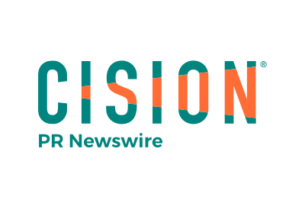Origins, or what it all has to do with jazz The gig economy is a relatively new term for a rather well-trodden freelancing practice in the labor market. One may wonder why we call it a gig economy, not just a freelance economy? The answer is in the etymology of the term. In particular, the “gig” part (a slang word for “performance”) informs us that the first “official” freelancers were not all those tech-savvies working their flexible hours in coffee shops. Freelancing was created by underground jazz musicians of the 1920th, who engaged the public in jazz culture through irregular (and illegal) live concerts, called “gigs.” A jazz performer would get paid right after the successful show, having “a few other gigs in a downtown club the next week.” This “payment-after-completion system” went far beyond the jazz scene, getting a strong position in the modern labor environment and creating the whole economy based on the contribution of freelancers, contractors, temporary workers, and independent consultants. Despite this quite romanticized background, the gig economy concept is a rather down-to-earth one, with its benefits and controversial sides. And since it is one of our epoch’s key terms, its understanding is necessary for both company owners and freelancers to navigate the labor realities and thrive on them. The five facts below will help look at the gig economy from several perspectives and get valuable insights. Fact 1. The gig economy is not just about making the full-time employment model obsolete It simply has its unique functions, presenting benefits for both sides. Freelancers and contractors can fill in the hard-to-find skill gaps and provide services that are needed on an irregular basis or as per specific demand to achieve certain business goals. Gig workers, on the other side, have ample opportunities to gain experience in a variety of projects and choose those that will contribute to their professional development (and, if they prefer, still have a traditional job, using freelancing as an extra source of income). Cooperation with gig workers presupposes a completely different corporate culture, which involves flexibility, trust, workspace convenience, healthy competition, and no micromanagement. It is no wonder why freelancing is a crucial part of the US labor market. About 57 million people in the USA have freelanced in 2019 , which is now 35% of its entire labor workforce. An opportunity to switch between the two options — gig work and full-time work — is important in today’s unstable environment, and either option can serve as a safety net for freelancers and businesses. Fact 2. Gig economy reconsiders the issue of trust One of the biases that used to be associated with freelancers is that working with them presupposes a limited trust space in comparison with in-house full-time workers. However, the gig economy’s growth gradually changed this narrative, developing a suitable framework for cooperation between the two parties. Trust is warranted through competition, rates, feedback, as well as the availability of various freelancing platforms. The latest research on freelance developers […]
Click here to view original web page at www.blogtrepreneur.com




